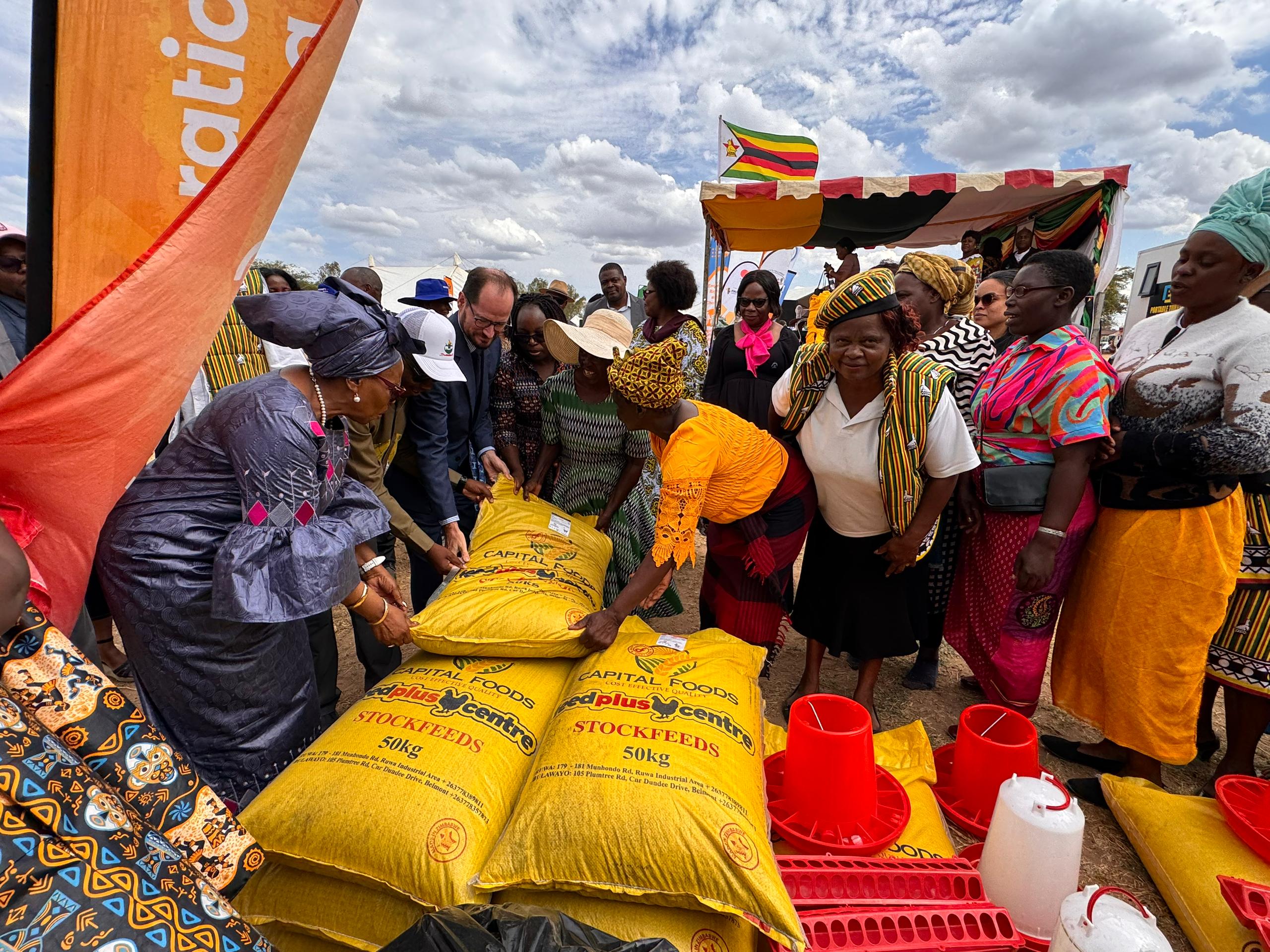The Sisal plant
By Julius Iddrisa Manganda
Innovative advancements in the agricultural and manufacturing sector exhibited by AJA Tanzania Limited, a leading Tanzanian-based sisal supplier, left many attendees mesmerized at the just ended 7th SADC Industrialization Week.
AJA showcased high-quality sisal products, demonstrating their commitment to promoting regional industrialization and economic growth.
Sisal is a drought-tolerant crop that can thrive in most SADC climates, making it an attractive option for farmers. The plant is used in the manufacturing of ropes, fiber for construction materials, and vehicle maintenance.
To many who knew the plant, they were marvelled by the value derived from it by the giant Tanzania company.
Mr Isaac Tamutswa said he knew the plant but never knew it could produce material in factories.
“We have plenty of this plant in my rural area but noone deribes any commercial value from it,” he said.
Mrs Maybe Kunaka also echoed the same sentiments.
“This plant is common in Mashonaland East. We call it “makonji” and normally used on making whips (chiwepu) for herding cattle,” she said.
The Industrialization Week that ran from the 28th of July to August 2 in Harare, Zimbabwe brought together industry leaders, policymakers, innovators and stakeholders to promote the Southern African regional industrialization and economic growth.
In an interview with Newsreel Zimbabwe Mrs Happiness Nyiti, the founder of the giant company said her company is committed to promoting industrialization and economic growth in the SADC region.
“As the leading producer of sisal in Africa, we’re excited to share our expertise and products with SADC countries, demonstrating the vast opportunities for industrialization and economic growth in the region.
“We believe that our high-quality sisal fiber can play a significant role in driving economic growth and industrialization in SADC countries.
“We’re proud to showcase our exceptional sisal fiber at this prestigious event, highlighting its versatility and potential applications in construction materials, rope manufacturing, and automotive industries,” she said.
According to Mrs Nyiti, AJA Tanzania Limited is committed to contributing to the SADC region’s industrialization and economic development.
“Our company, AJA Tanzania Limited, is committed to promoting the benefits of sisal fiber and contributing to the SADC region’s industrialization and economic development,” she said.
If SADC member states can promote sisal production, this can create new economic opportunities, and reduce reliance on traditional crops. As evidenced by Tanzania, the sisal industry can create jobs and stimulate the economies, this contributing to the overall economic growth and development.


